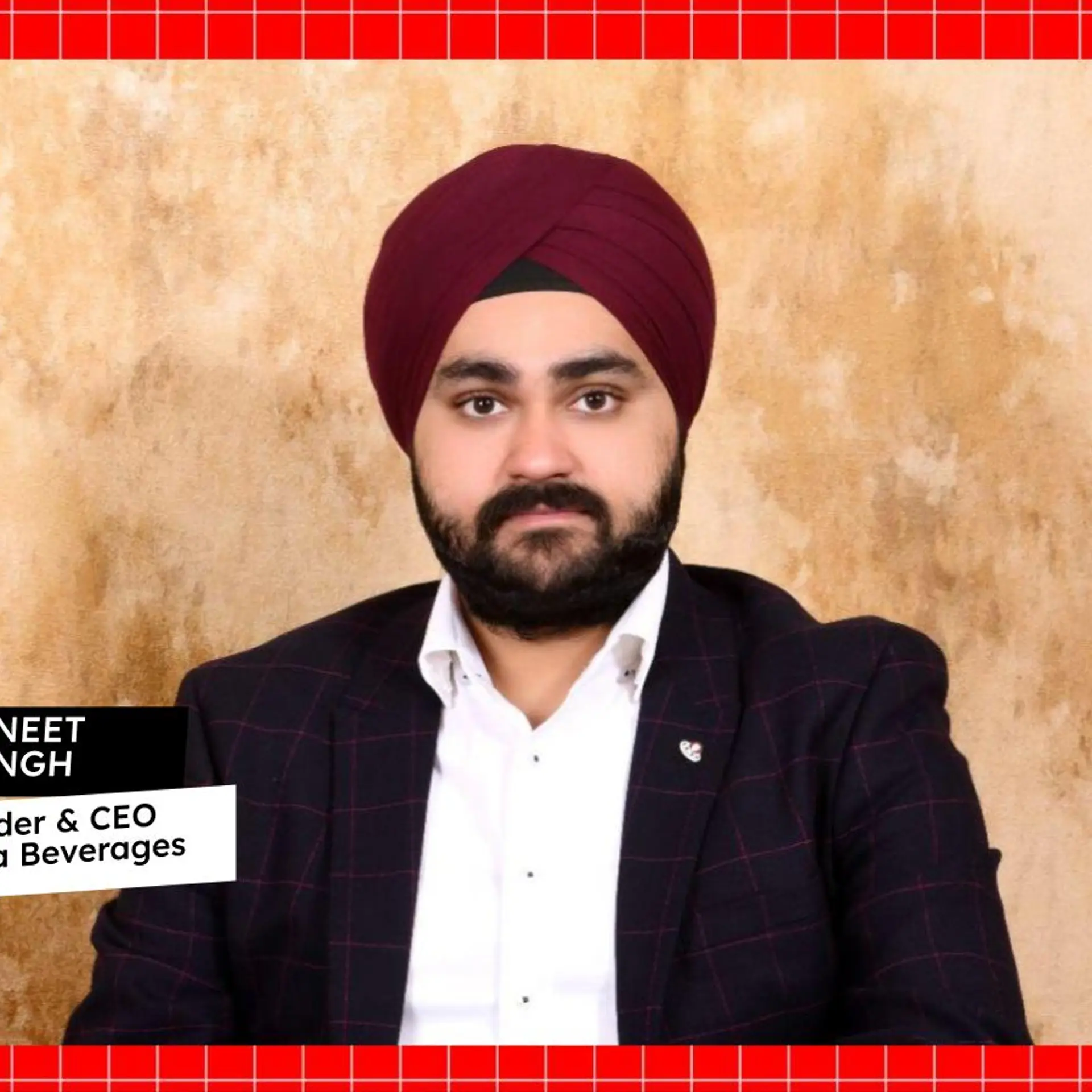From wildlife conservation to highlighting menstruation experiences among the LGBTQIA+ community: Our top stories
In our Catalysts of Hope series, we bring you uplifting, inspiring, and impactful stories of change.
Over the last five years, the number of women venturing into the forests of Chandrapur to collect fuelwood has dropped to a negligible number. The reason behind this decline is a metre-long metal apparatus called the bumbb—introduced by the Mumbai-based not-for-profit and research organisation Wildlife Conservation Trust (WCT).
The bumbb, introduced in 2019, is a modified cylindrical water heater with a burner fueled by crop residue, cow dung, used paper, or firewood. This innovation has greatly reduced the need to collect fuelwood from the forest and the possibility of a tiger or leopard attack, besides the hazards of inhaling smoke.
It has also promoted shared responsibility in households, with both men and women now involved in heating water, a task previously handled solely by women.
Additionally, WCT has also partnered with the Maharashtra and Madhya Pradesh state forest departments to create a system of forest monitoring using camera traps.
Read more about the story here.
Serving food for thought
Most government schools lack the concept of a library and do not have the infrastructure to support a reading room. As a result, when these children move to urban areas for education, they often struggle to cope with the new environment because they haven't been exposed to enough reading.
Madhavi Sharma, along with her brother K.Srinivas Rao and his wife Shefali Rao, started the Food4thought Foundation in 2015, to foster reading habits by establishing libraries across India.
The foundation has so far set up 622 libraries at government schools, hospitals, and prisons. The foundation also hosts competitions such as the Reading Olympiad in rural areas and the Reading Decathlon in urban spaces.
Highlighting menstruation experiences beyond gender
While working on eco-conscious menstrual practices, Dr Sneha Rooh, a palliative physician and psychotherapist from Delhi, found the LGBTQIA+ community almost non-existent in the discourse around menstruation.
After running a podcast that narrated the menstruation experiences of gender non-conforming, transmasculine, and non-binary people, Dr Rooh's initiative, Orikalankini, now offers an annual 13-week fellowship for 13 teens and adults from across the gender spectrum. It trains them to implement their own sexuality and menstrual wellness projects and initiatives.
Upcycling discarded temple flowers
Rupa Trivedi, Founder of Adiv Pure Nature, makes natural, handmade dyes from discarded flowers to offer sustainable, artisanal natural-dye textiles, apparel, and lifestyle products.
Until 2005-06, she was content managing an engineering business she started with her husband in 1981. However, she wanted to take a new direction in life. She explored various art forms, including basket weaving and blending essential oils, and met Kutch weavers to understand their fabric work.
Her inspiration to work with natural fabrics and dyes led her to use discarded temple flowers, creating the Temple Dye Project and Temple Blessings Textiles.
Today, Adiv collects around 1,000-2,000 kg of rose, marigold, hibiscus, and coconut husks every week which are sorted, cleaned, and used to make natural dyes.
Offering free medical services
Started by mother-daughter duo Rani Desai and Priya in 2022, the Anahat clinic aims to improve access to primary and preventive healthcare for the urban poor.
The clinic offers awareness and preventive health workshops, as well as free treatment to the urban poor by identifying, preventing, and counselling patients suffering from chronic diseases such as high blood pressure, diabetes, and hypertension, among others.
Meanwhile, in other news…
Transforming education
Leading businessman and philanthropist Nikhil Kamath, along with Amitabh Shah, Founder of Yuva Unstoppable, is driving the Young India Philanthropic Pledge—a commitment by young Indian changemakers to dedicate at least 25% of their wealth to global change, starting with India.
The pledge supports the Karnataka Model School Pathways Programme (KMSPP), which aims to transform over 210 schools and pre-schools across Karnataka by 2025-26.
Backed by the Bill and Melinda Gates Foundation, JSW Foundation, and others, KMSPP focuses on enhancing infrastructure, integrating 21st-century skills, and improving foundational literacy, impacting over 45,000 students and 1,100 teachers.
Protecting environment
On World Environment Day, the Haryana government honoured trees as 'heritage' across the state. Since March this year, 66 more trees have received this status, bringing the total to 3,876. The initiative recognises trees over 75 years old for their ecological and historical value.
“We carried out celebrations across the state around the day by involving local people. People danced and sang around these trees to create a bond with them. These initiatives will encourage people to protect trees around their neighbourhood,” said Pankaj Goyal, Principal Chief Conservator of Forest, Haryana government, as reported by the Times of India.
Edited by Suman Singh






